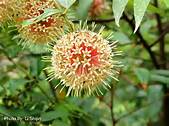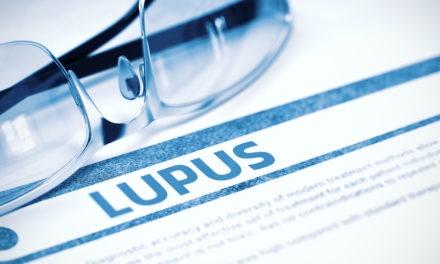Alzheimer’s disease is characterized by deposits of beta amyloid protein in the brain. Research appearing in the Journal of Neuroscience Research (August 1, 2006; Volume 84 Issue 2, Pages 427 – 433) demonstrated that the Chinese herb, Uncaria rhynchophylla, may prevent the formation of beta amyloid protein by preventing of fibril formation. The authors believe that the herb may be useful for preventing Alzheimer’s disease or for slowing the progression of it. The herb also contains several different chemical compounds, including oxindole and indol alkaloids, which may act to protect the nervous system.
Uncaria rhynchophylla (not to be confused with Uncaria tomentosa) has been used for the treatment of hypertension, convulsive disorders (epilepsy), and for various head ailments such as headache or dizziness. It contains a variety of alkaloid structures, most notably the one named after it (Rhynchophylline) and a potent drug-like alkaloid with the acronym of GME (Geissoschizine methyl ether). It is a component of the popular Japanese medicinal formula known as Yokukansan, where it alongside Glycyrrhiza uralensis (Licorice) seem to mediate the neuroprotective effects.






